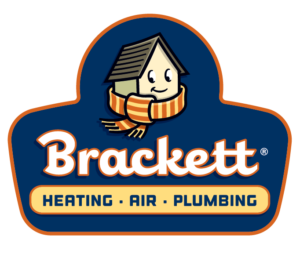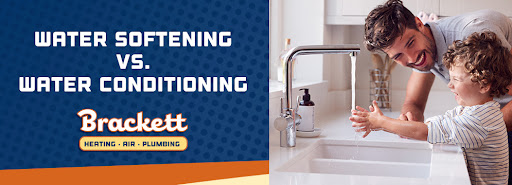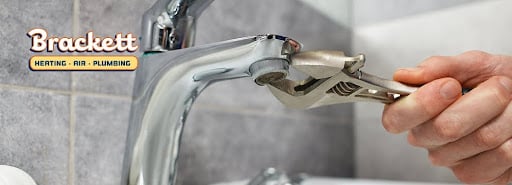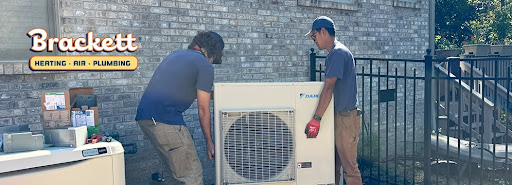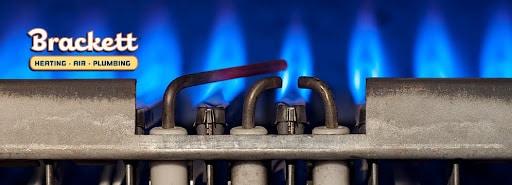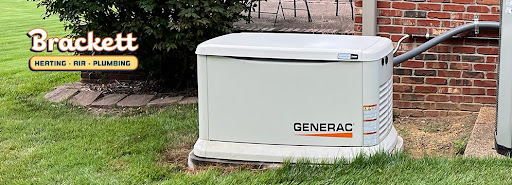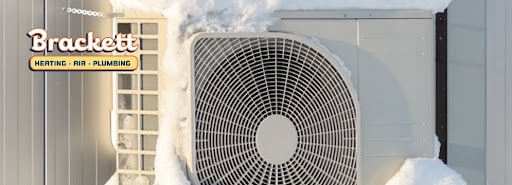When it comes to improving your home’s water quality, two popular methods often come to mind: water softening and water conditioning. While both aim to enhance the characteristics of your water supply, their processes and end results differ.
Brackett Heating, Air & Plumbing has the knowledge and expertise to help with either approach. In this blog post, we’ll dive into the differences between them, to help you make an informed choice for your specific needs.
Water Softening
Water Softening: Water softening primarily focuses on reducing hard minerals such as calcium and magnesium ions, which cause scaling and mineral buildup. This process involves exchanging these ions with sodium ions through an ion exchange resin. By removing the hardness minerals, water softeners can prevent limescale buildup on fixtures, extend the lifespan of appliances and improve soap lathering.
However, softened water may still retain high levels of chlorine, sulfates and bicarbonates. Additionally, some people may find the taste of softened water to be slightly salty due to the sodium content introduced during the ion exchange process.
Water Conditioning
Water Conditioning: Water conditioning takes a broader approach by addressing multiple water quality issues beyond hardness. Instead of solely focusing on mineral content, water conditioners typically employ various technologies, such as activated carbon filters, catalytic media and oxidizing agents, to address specific concerns like chlorine, taste, odor and contaminants.
Unlike water softeners, water conditioners do not remove hardness minerals entirely, but rather modify their form, preventing them from precipitating and causing scale buildup. Therefore, conditioned water can still have some level of hardness, but the minerals are rendered less problematic.
Additionally, water conditioner systems can provide benefits such as the removal of chlorine, sediment, heavy metals and volatile organic compounds (VOCs). Some advanced systems also incorporate UV disinfection or reverse osmosis, providing even better water quality.
Choosing the Right Solution: Deciding between water softening and water conditioning depends on your specific water quality concerns and preferences. The bottom line is despite their different methods and end results, either water softening or water conditioning can improve water quality. Understanding these differences allows you to make an informed decision and select the best solution to meet your water quality needs and resources.
To learn more, schedule an in-home consultation with a professionally trained plumber employed by Brackett Heating, Air & Plumbing.
